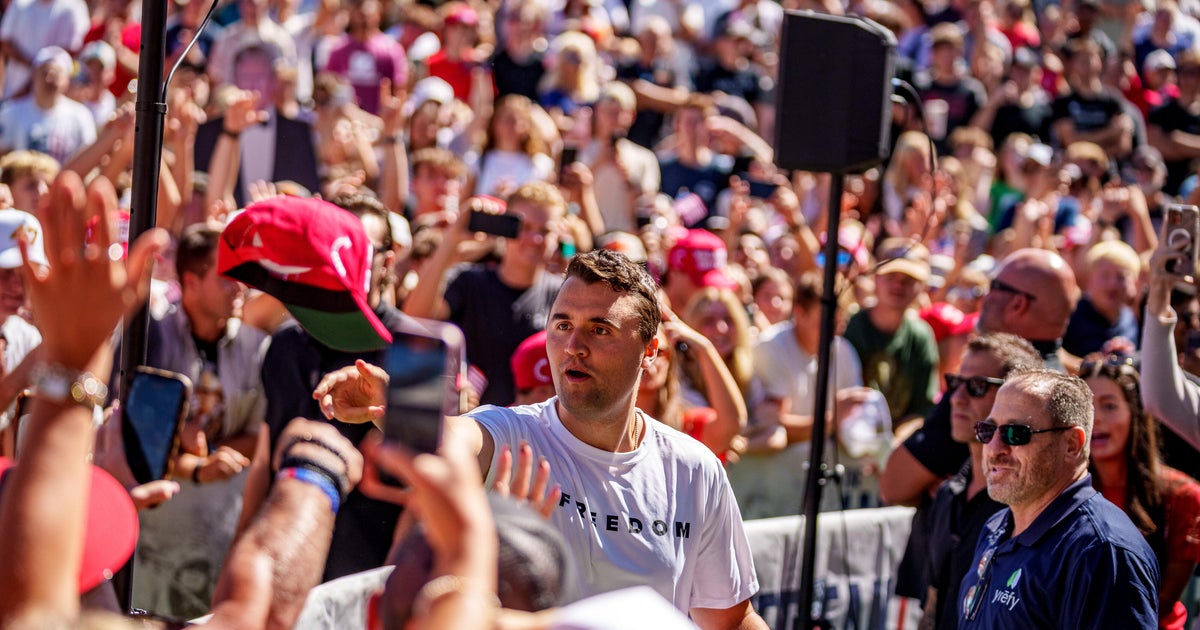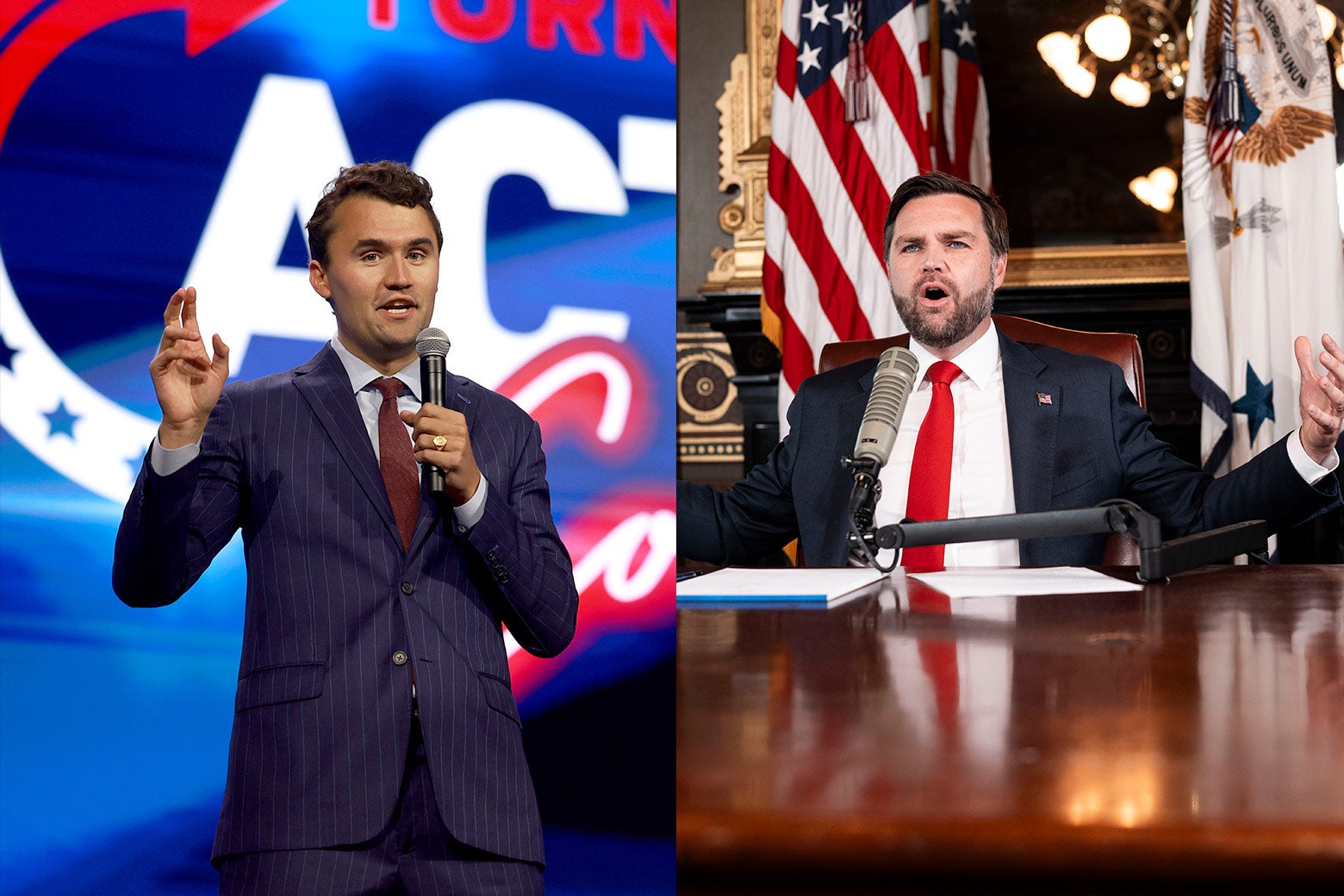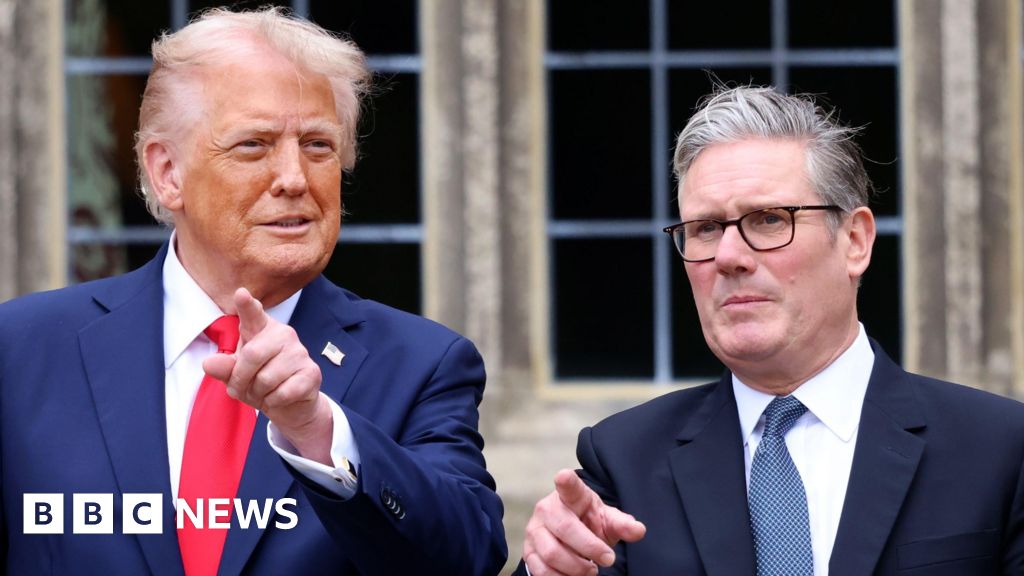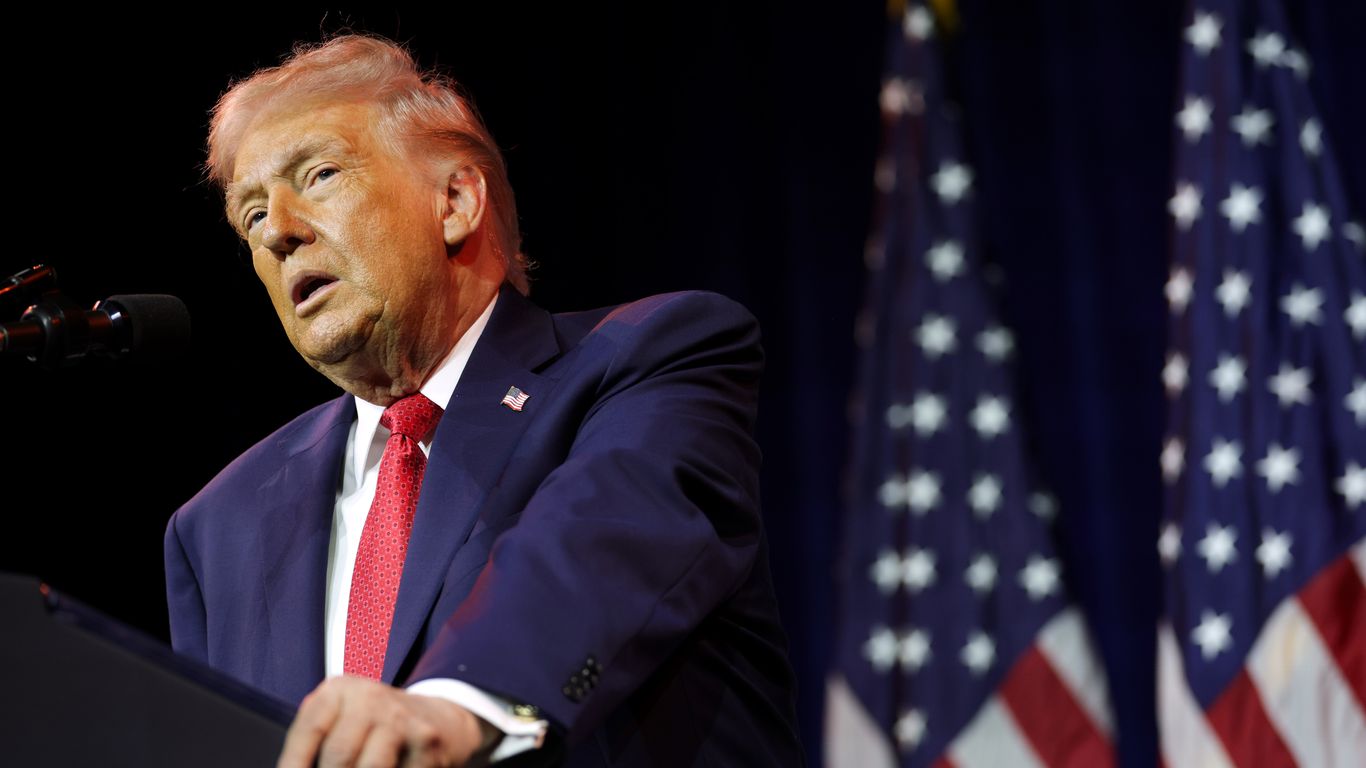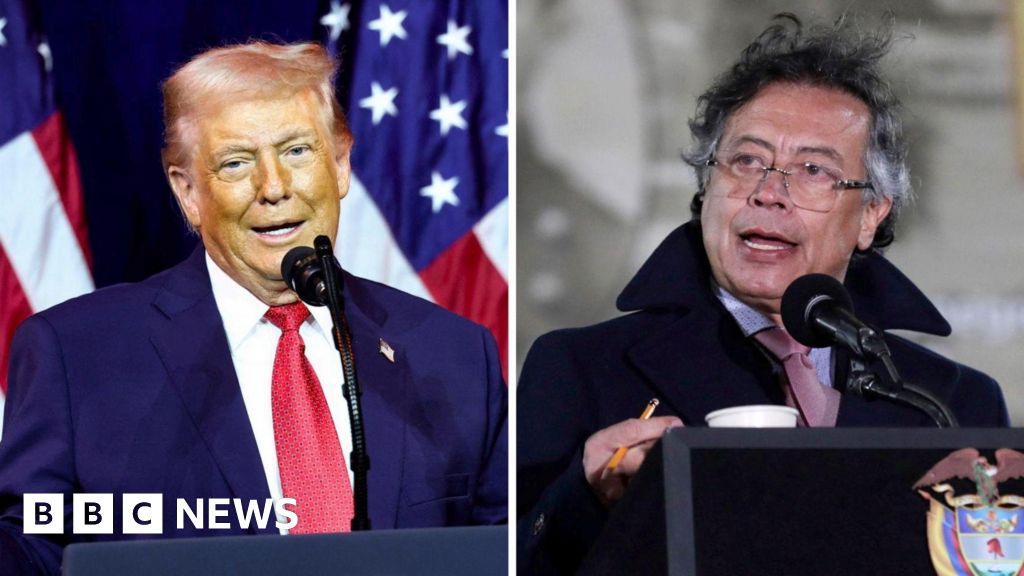Controversial Debate Sparks Discussion on Kirk Assassination
#debate #kirk_assassination #gun_control #polarization #society

Introduction
The recent New Jersey governor debate sparked controversy and heated exchanges as the candidates discussed one of the nation's most charged issues. The topic of Kirk assassination, a sensitive and polarizing subject, was at the center of the debate and caused strong reactions from both candidates and viewers alike.
Key Details
In the midst of the heated exchange, Republican candidate Ciattarelli expressed his stance on the issue, stating that the assassination of Kirk was a tragic event that should not be glorified or justified. He also emphasized the importance of finding a peaceful and diplomatic solution to such conflicts. On the other hand, Democratic candidate Sherrill argued that the assassination was a necessary act to protect the country and its citizens. She also highlighted the need for stricter gun control laws to prevent similar incidents from happening in the future.
Impact
The debate not only shed light on the candidates' differing opinions on Kirk's assassination, but it also highlighted the deep divide and polarization among the voters on this issue. The exchange was a reflection of the larger societal issue of gun control and violence, which has been a hot topic in the country in recent years. It also emphasized the importance of addressing and finding solutions to such complex and sensitive issues in a respectful and constructive manner.
About the Organizations Mentioned
Republican
The term "Republican" typically refers to the Republican Party, one of the two major political parties in the United States. However, if you are asking about a specific organization named "Republican," there seems to be a lack of information. Assuming you are interested in the Republican Party, here is a summary: ## Overview of the Republican Party The Republican Party is a major political party in the United States, known for its conservative platform. It was founded in 1854 by anti-slavery activists and has since evolved to become a prominent force in American politics. ## History The Republican Party has a rich history, starting with its formation during the mid-19th century. It has produced notable figures such as Abraham Lincoln, Theodore Roosevelt, and Ronald Reagan. Over the years, it has been associated with various political ideologies, including conservatism and libertarianism. ## Key Achievements The Republican Party has been instrumental in shaping American policy. Some of its key achievements include: - **Tax Reductions**: Republicans have often advocated for lower taxes, which they believe stimulate economic growth. - **Regulatory Reform**: They have pushed for deregulation in various sectors to promote business growth. - **Foreign Policy**: Republicans have traditionally been strong on national defense and have played a significant role in shaping U.S. foreign policy. ## Current Status Currently, the Republican Party is a major opposition party in the U.S. Congress. It continues to influence policy debates on issues like healthcare, immigration, and economic policy. Notable aspects include its strong presence in state governments and its influence on conservative think tanks like The Heritage Foundation, which has been involved in initiatives such as Project 2025[1][3]. ## Notable Aspects - **Project 2025**: This initiative by The Heritage Foundation outlines a radical plan for restructuring the federal government, which has been controversial among Republicans and Democrats alike[1][4]. - **Influence on Technology Policy**: Republicans have been involved in shaping technology policy, particularly
Democratic
The term "Democratic" can refer to several entities, but in the context of organizations, it often relates to political or technological initiatives. Here's a summary focusing on the Democratic National Committee (DNC) and broader concepts of democratic technology: ### Democratic National Committee (DNC) The DNC is a key organization in the U.S. political system, primarily supporting Democratic candidates and campaigns. The **DNC Tech team** plays a crucial role by providing infrastructure, data, tools, and cybersecurity expertise to enhance campaign capabilities across the Democratic ecosystem. This includes federal candidates, state parties, and down-ballot campaigns[1]. The team is composed of experts from tech giants like Facebook and Amazon, offering a blend of political and technological expertise to build enduring solutions for Democratic success[1]. ### Democratic Technology (DT) **Democratic Technology** aims to bridge the gap between citizens and governments by leveraging technology for real-time engagement. Platforms like iMatr facilitate direct communication between citizens and elected representatives, enhancing civic literacy and participation[2]. This technology addresses issues of citizen dissatisfaction and apathy by providing a platform where individual voices matter[2]. ### Current Status and Notable Aspects - **Innovation and Challenges**: The integration of technology in democratic processes is evolving rapidly, with challenges such as the unchecked power of tech companies threatening democratic governance[3]. The rise of connective parties, which heavily rely on technology for organizational functions, presents both opportunities and challenges[4]. - **Key Achievements**: The DNC's technological initiatives have contributed significantly to modernizing Democratic campaigns. Meanwhile, democratic technology platforms have shown potential in increasing civic engagement and addressing voter apathy. Overall, the concept of "Democratic" in this context highlights the intersection of technology and political engagement, with ongoing efforts to enhance democratic processes and address emerging challenges.



